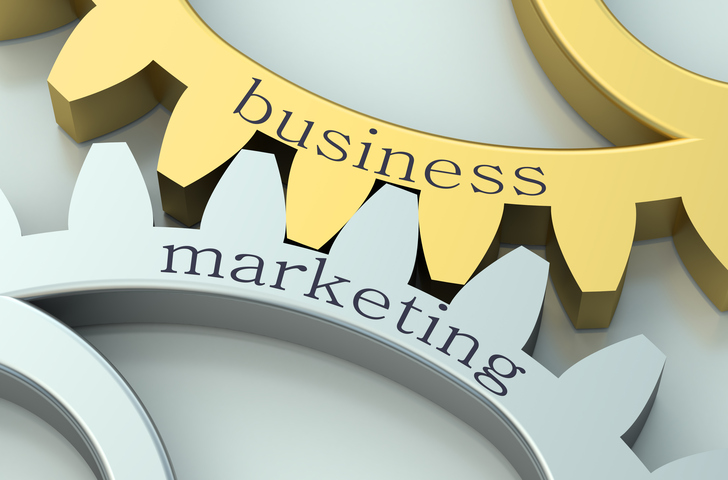
Unveiling the B2B Marketing Universe: An Overview
In the dynamic world of marketing, where consumer behaviours and technologies evolve at an unprecedented pace, B2B marketing has emerged as a distinct and crucial practice. It refers to the marketing of products or services to other businesses or organizations. From producing highly targeted campaigns to building mutually beneficial relationships, B2B marketing is a nuanced field that requires understanding the unique needs and behaviours of business customers.
While similar in many aspects to B2C marketing, the practice of B2B marketing differs in the decision-making process, relationship development, and even the marketing strategies employed. This article will delve into the complexities of B2B marketing, providing insights and actionable tips for businesses looking to expand their reach in the B2B market.
The Anatomy of B2B Marketing: Key Elements
B2B marketing consists of various components that, when combined, create a comprehensive strategy. Firstly, it’s about understanding your target market. B2B marketers must have a clear picture of their ideal customer, often depicted in a business buyer persona. This understanding informs marketing efforts, ensuring that messages resonate with the right audience.
Next, B2B marketing is about building and nurturing relationships. As the buying cycles in B2B markets tend to be longer and involve more stakeholders, creating trust and rapport becomes crucial. This is achieved through consistent, value-driven communication and excellent customer service.
Lastly, an effective B2B marketing strategy involves differentiation. Businesses must clearly communicate their unique value proposition, emphasizing how their products or services solve specific problems for their customers better than competitors.
Mastering the Art of B2B Marketing: Strategies and Tactics
B2B marketing requires a multifaceted approach. Content marketing is often at the core, delivering valuable information to prospective customers. This could be in the form of blog posts, white papers, or webinars, helping to position your business as a thought leader in your industry.
Email marketing is another essential tool. It allows for personalized communication and is excellent for nurturing leads and maintaining relationships. Likewise, social media, especially LinkedIn, can be a powerful platform for B2B marketers to engage with their audience and showcase their offerings.
Finally, search engine optimization (SEO) and pay-per-click (PPC) advertising play key roles in increasing visibility online and driving targeted traffic to your website.

Shaping the Future of B2B Marketing: Trends to Watch
The B2B marketing landscape is ever-changing, and staying abreast of trends is critical. One major trend is the increasing use of data analytics. By leveraging data, marketers can gain insights into customer behaviour and preferences, enabling them to refine their strategies and deliver personalized experiences.
Another trend is the rise of account-based marketing (ABM), a strategy that focuses on targeting specific high-value accounts rather than broader market segments. ABM allows for hyper-personalization and can yield high ROI.
Finally, the importance of customer experience (CX) is growing. B2B companies are recognizing that delivering an exceptional customer journey can lead to increased customer loyalty and advocacy.
The Vital Role of B2B Marketing
To sum up, B2B marketing is a specialized discipline that, when executed effectively, can significantly boost a company’s growth. It’s about understanding your target audience, building meaningful relationships, differentiating your offerings, and staying ahead of industry trends.
While the B2B buying process might be more complex, the rewards are often substantial. By implementing a robust B2B marketing strategy, businesses can reach more potential customers, strengthen their brand reputation, and ultimately, drive their bottom line. Remember, success in B2B marketing doesn’t happen overnight. It requires strategic planning, continuous effort, and a commitment to learning and adapting along the way.



